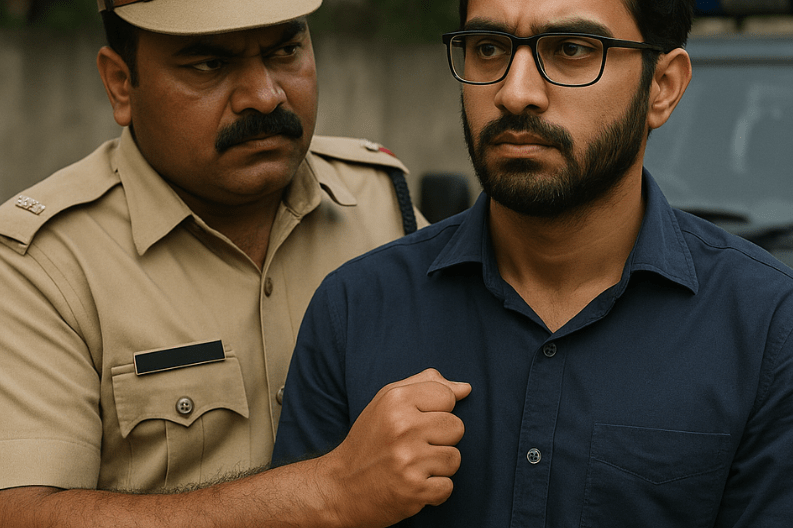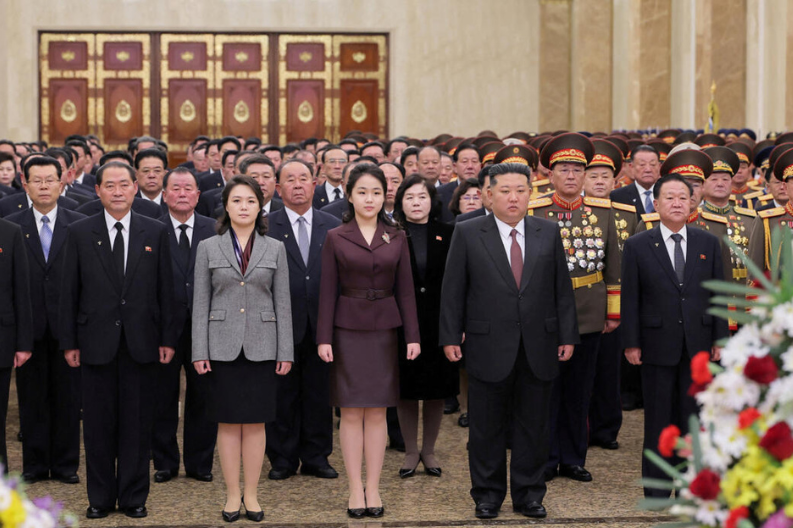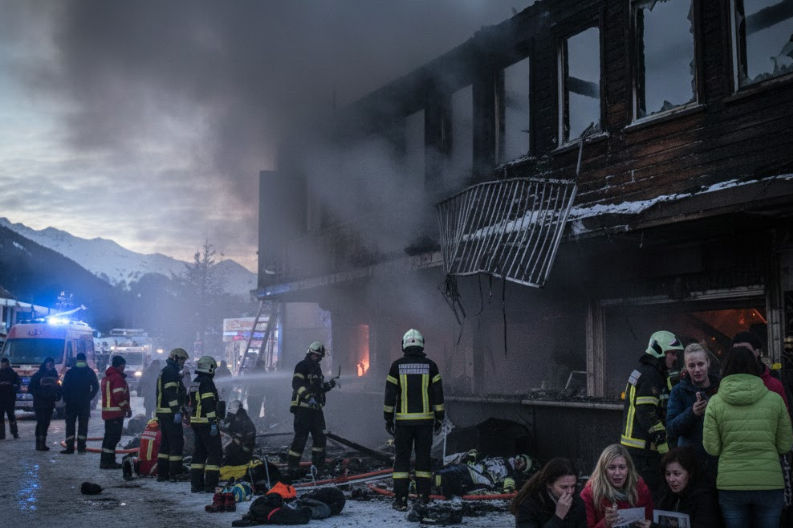A shocking case has emerged as a J&K doctor linked to terror activities was arrested for suspected involvement in terrorism, just days before a major explosive recovery in Faridabad, Haryana. The accused, Dr. Adil Ahmad Rather, a 26-year-old resident of Qazigund in South Kashmir, was taken into custody on November 6 from a hospital on Ambala Road in Saharanpur, Uttar Pradesh. His arrest came after police traced him through CCTV footage while he was putting up posters supporting the terror group Jaish-e-Mohammed (JeM) in Srinagar.
After confirming his identity, authorities quickly launched a search and captured him. Adil worked as a senior resident at Government Medical College (GMC) Anantnag, one of the leading medical institutions in Jammu and Kashmir. His role in a public hospital made the case even more alarming, as it showed how terror groups are infiltrating educated and professional circles.
During a raid at GMC Anantnag, police discovered an AK-47 rifle, live ammunition, and other suspicious items inside Adil’s locker. Investigators said he was not only spreading extremist propaganda but also storing weapons. He now faces charges under the Arms Act and Unlawful Activities (Prevention) Act (UAPA).
Shortly after Adil’s arrest, police in Faridabad seized 350 kg of ammonium nitrate, assault rifles, and detonator timers. Faridabad Police Commissioner Satender Kumar Gupta confirmed the recovery, saying the material could have caused massive destruction if used in an attack.
Investigators believe Adil had close links with another doctor, Dr. Muzammil Shakeel, from Pulwama. Muzammil worked at Al-Falah Hospital in Faridabad, where police arrested him for storing explosives and helping coordinate illegal operations. Authorities suspect both men were part of a wider terror network operating from Jammu and Kashmir to the Delhi-NCR region.
This case shows a dangerous shift in terrorist recruitment. Militant groups, which once targeted vulnerable or less-educated individuals, now recruit skilled professionals like doctors, engineers, and teachers. These educated recruits use their technical knowledge to support extremist agendas. For security agencies, this growing trend poses a major challenge and demands new counter-radicalization strategies.
Experts warn that terrorist organizations are exploiting social media, encrypted apps, and online propaganda to radicalize people. They say that awareness programs in universities and workplaces are essential to detect early signs of radical influence. Strong community and mental health programs can also stop educated youth from falling into extremist ideologies.
Authorities are now investigating how such a large quantity of explosive material reached Haryana undetected. The case has strengthened coordination between the Jammu and Kashmir Police, the Haryana Police, and the central intelligence units. Security forces have tightened checks on transport routes, warehouses, and chemical suppliers across northern India.
Officials fear that areas near New Delhi, including Faridabad and Gurugram, could become targets if such networks remain active. They urge citizens to stay alert and immediately report any suspicious activities, especially in places like hospitals, universities, and research institutions.
Psychological experts believe that both Adil and Muzammil might have been influenced by extremist online propaganda that portrays violence as a form of “service” or “sacrifice.” They suggest long-term counter-radicalization efforts that combine education, counseling, and surveillance to protect professionals from such manipulation.
In conclusion, the arrest of J&K doctor linked to terror activities exposes how deeply terror networks are infiltrating skilled sectors. The case highlights the urgent need for background checks, inter-agency coordination, and public vigilance. By understanding and addressing the roots of radicalization, India can strengthen its security and safeguard its future.



